
View all upcoming SMLR events below or select an event type from the drop-down below to filter events by category.


Join the Labor Studies and Employment Relations (LSER) department for our upcoming In-Person Open House to learn more about our undergraduate and master’s degree options, along with our 5-year program! Free pizza will be provided!


Join Rutgers LEARN as we celebrate the work of Black women labor historians and union leaders’ organizing and intellectual work to transform the U.S. political economy. We will come together across labor organizations and academic disciplines to discuss Black women’s organizing across time and in multiple sites: unions, social organizations, scholarship, schools, and churches.
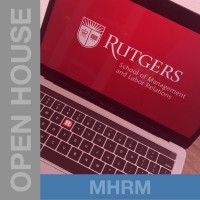
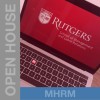
Log on anytime during our Virtual Open House to learn about the top-tier ranked Rutgers Graduate Program in Human Resource Management. Hear from current students and recent graduates about how you can take advantage of opportunities within our program to build your career in Human Resources.
Meet with Program Director Dave Ferio and student support staff for a program overview and to ask your individual questions.
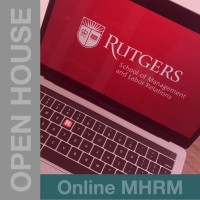
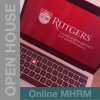
Log on anytime during our Virtual Open House to learn about our 100% online degree program designed for human resource professionals, managers and supervisors with four or more years of experience who want to advance their careers to senior HR or management positions.
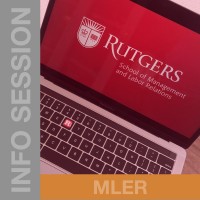
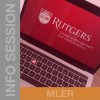
Log on anytime during our Virtual Information Session to learn about the Rutgers Master's Program in Labor and Employment Relations (MLER) or one of our graduate certificate programs. Meet with Program Director Francis Ryan and members of our student support team to learn about the program and to ask your individual questions.


Join us on campus at Rutgers for an Open House to learn about the major/minor in Human Resource Management (HRM) and the master's program (MHRM), along with SMLR Honors and Study Abroad options!


